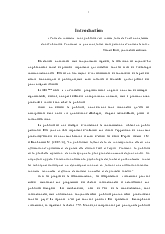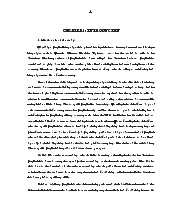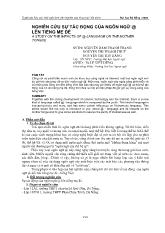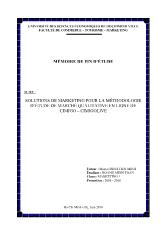A critical discourse analysis of the inaugural speeches by george w. bush in the united states of america presidential elections 2000 & 2004
- Người chia sẻ : vtlong
- Số trang : 75 trang
- Lượt xem : 13
- Lượt tải : 500
Các file đính kèm theo tài liệu này
 MAThesis2_3.doc
MAThesis2_3.doc
- Tất cả luận văn được sưu tầm từ nhiều nguồn, chúng tôi không chịu trách nhiệm bản quyền nếu bạn sử dụng vào mục đích thương mại
Bạn đang xem trước 20 trang tài liệu A critical discourse analysis of the inaugural speeches by george w. bush in the united states of america presidential elections 2000 & 2004, để xem tài liệu hoàn chỉnh bạn click vào nút DOWNLOAD LUẬN VĂN ở trên
Modern society has observed the rise of visual images used in different types of media which drives language at the risk of losing its primary role in social communication. In fact, there have been fears by writers of post-modernism that language may have been totally outweighed by visual images. However, the truth is far from being so. Many scholars have recently been successful in uncovering the power of language in the belief that ‘exercise of power is increasingly achieved through ideology, particularly through the workings of language’ (Fairclough, 2000).
Ever since its emergence several decades ago, Critical Discourse Analysis (henceforth CDA) has attracted interest not only from the internal sections of the linguistics field but also from other related ones such as politics, cultural studies, media studies, etc. It is because discourse has been seen now as not only social practice but also reflection of reality. The shift has, to a great extent, given rise to the enhancement of awareness of language and its power, especially how it helps people to gain power over the others through ideology, which is underlied in the language.
This is particularly the case of politics, where language is the tool of authority holders to gain, to represent and to realize power and ideology. A specific issue regarding politics and public opinion can best exemplify this. As we may know, presidential policy-making behaviour is of paramount importance to both the president himself and his fellow citizens in almost any countries. This is common sense in a democratic society like the U.S. where it is the citizens who choose their own president, the Chief Executive. The president is understandably the convergence of great many public expectations, one of which is evident in the public expectation toward his public speeches.




